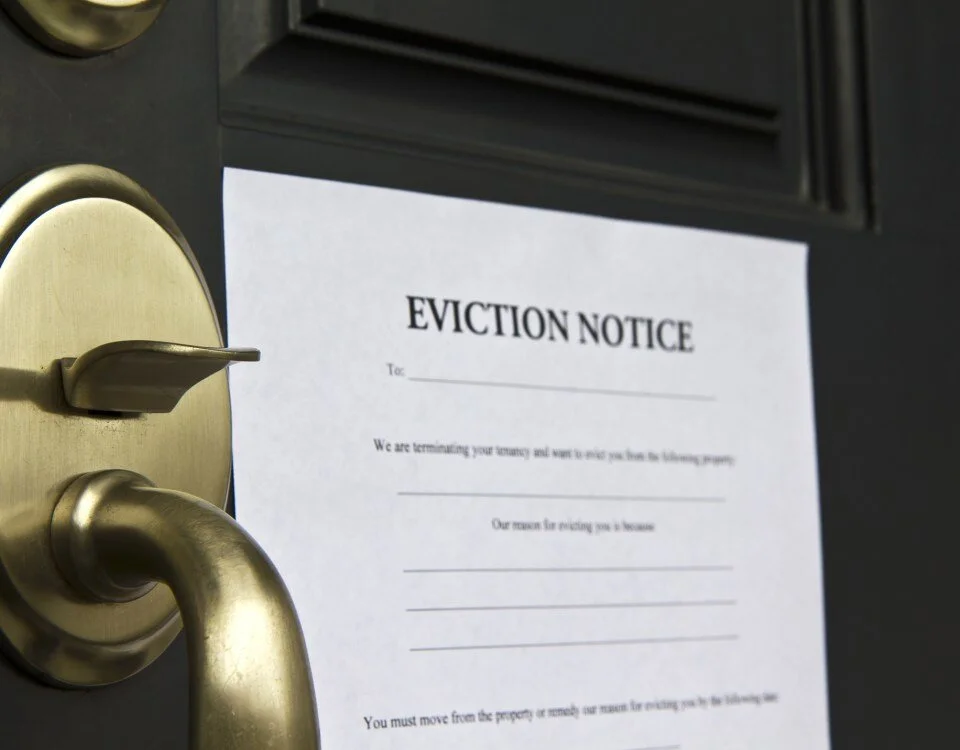Civil Litigation Services
Landlord matters
The rights and responsibilities of landlords through the Landlord and Tenant Board. Resolved through either mediation or adjudication. Matters such as:
• Evictions
• Termination of lease
• Non-payment of rent
• Damage of rental unit
• Rent increase issues
• Reviewing landlord and tenant board forms and applications
• Attending a hearing
Small Claims
Action for the payment of money or the recovery of possession of personal property where the amount claimed does not exceed $35,000. Matters such as:
• Reviewing Claims
• Demand Letters
• Defence to a claim
• Attending a settlement conference
• Attending an assessment hearing
• Attending a trial
• Drafting and filing motions
• Motion Hearing
LITIGATION
The process of settling a legal dispute in a court of law. We work with matters such as:
• Slip & Fall
• Motor Vehicle Accident
• Dog Bite
• Breach of Contract
• Constructive Trust Enforcement
By the way, we do more than what we have listed
Frequently Asked Questions
If I start the process of a claim myself, can I still hire a lawyer afterwards?
Yes, you can.
Who or what can I sue for in a Small Claims Court?
You can sue an individual or a company for up to $35,000 in Small Claims Court.
Is there a time period for bringing a complaint to Small Claims Court?
Limitation periods for common matters in Small Claims Court are usually up to 2 years.
How long does it take for a Small Claims Court matter to be resolved?
Before Covid-19, the usual timeline for a Small Claims Court matter to be resolved was 9 months to a year. Unfortunately, due to Covid-19, there are delays in court proceedings and the system is backlogged. It will take some time to get back to the usual timeline.
What is a Landlord and Tenant Board?
The Landlord and Tenant Board (LTB) resolves:
• Disputes between residential landlords and tenants
• Eviction applications filed by non-profit housing co-operatives
• The LTB also provides information about its practices and procedures and the rights and responsibilities of landlords and tenants under the Residential Tenancies Act.
• The LTB is one of the eight tribunals that make up Social Justice Tribunals Ontario (SJTO).
What are some of the reasons that can lead to a termination of tenancy?
A tenancy agreement may end because a lease agreement has simply expired, and none of the parties wishes to extend the agreement. However, there are many reasons as to why a tenancy may end, a few being:
• Eviction for non-payment of rent or not paying the rent in full
• Eviction for damage to unit or complex
• Eviction for illegal activities
• Eviction for interfering with reasonable enjoyment
• Eviction for too many persons living in the rental unit
• Eviction for impairing the safety of others
• Eviction for selling the property and purchaser’s personal use of it
• Eviction for demolition, conversion or repairs



















THINKING ABOUT BEING A LANDLORD?
SPEAK TO YOUR LEGAL REPRESENTATIVE FIRST TO GET ALL THE FACTS.